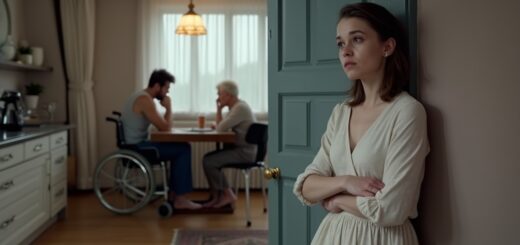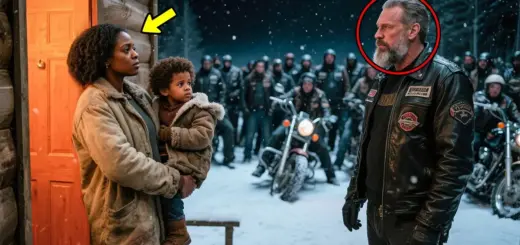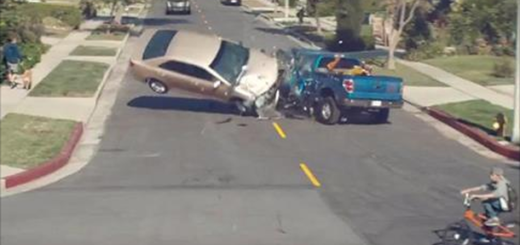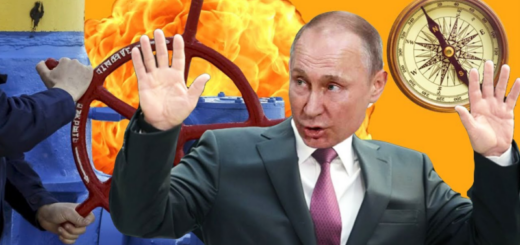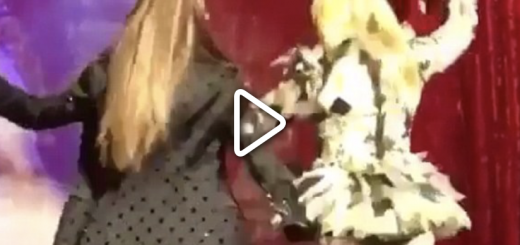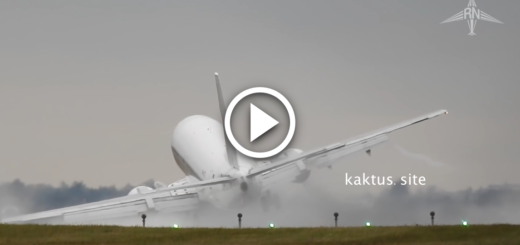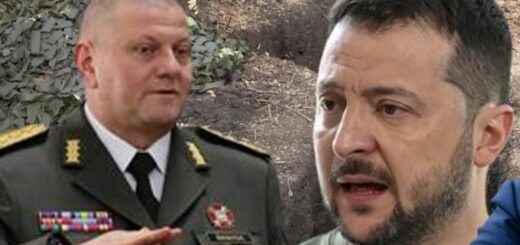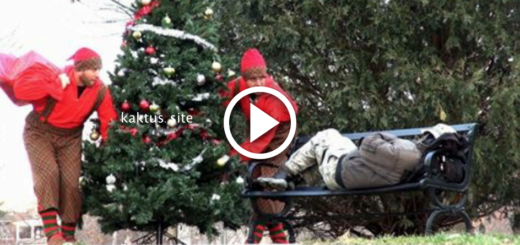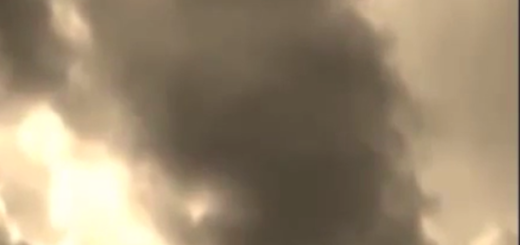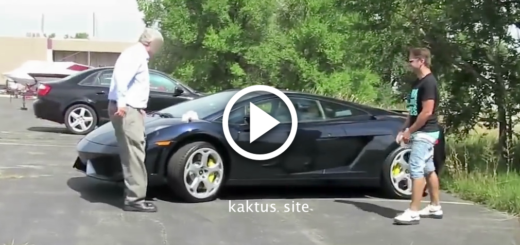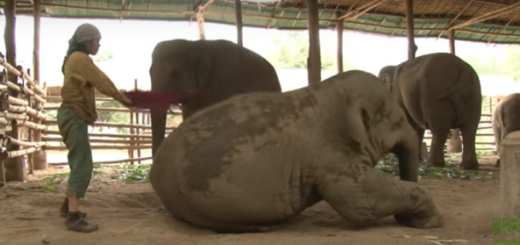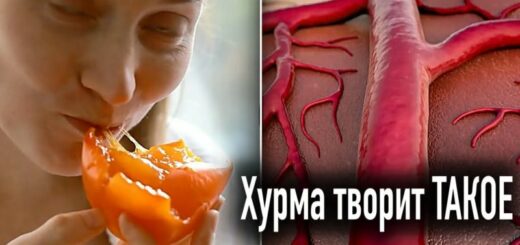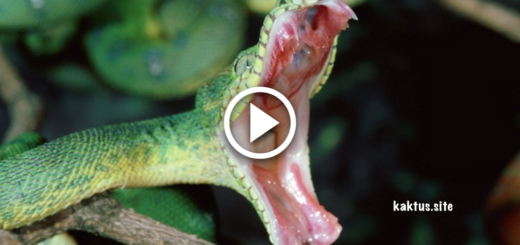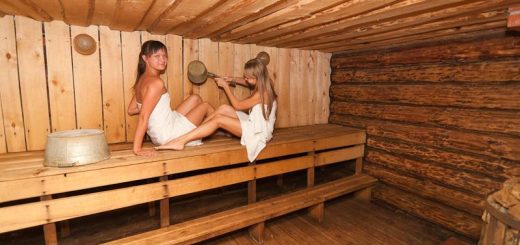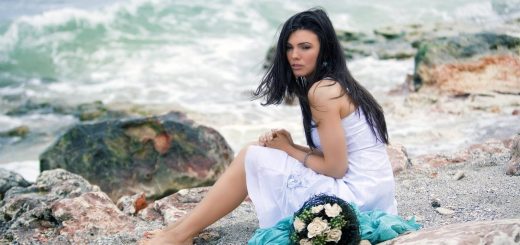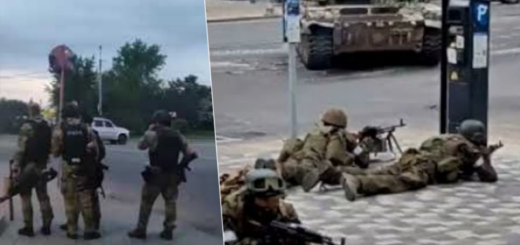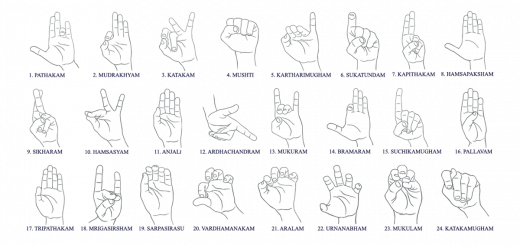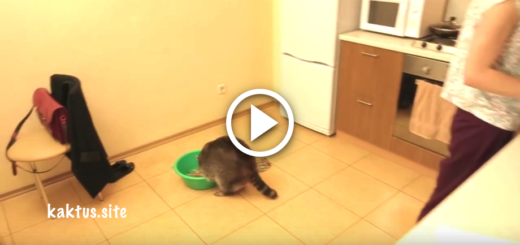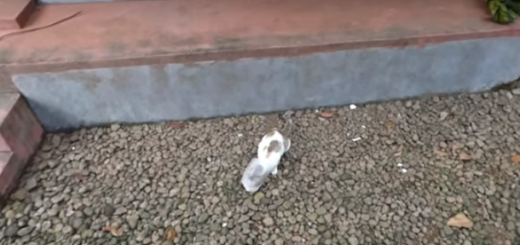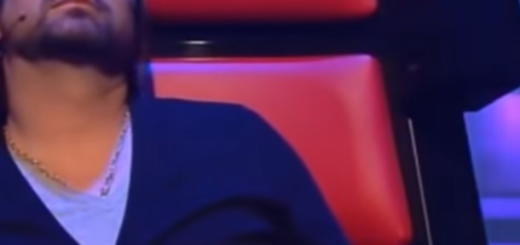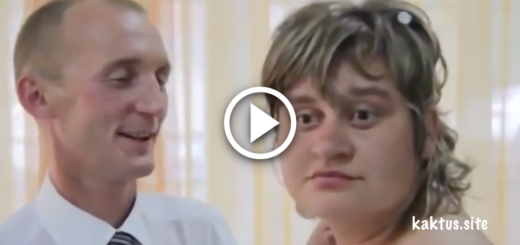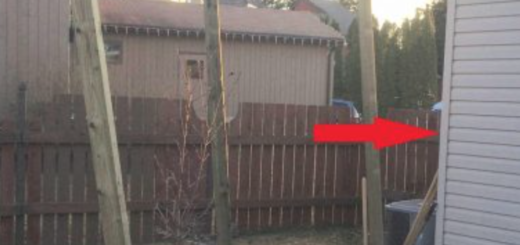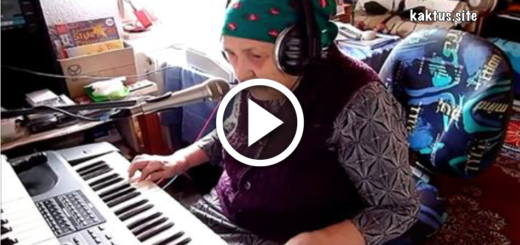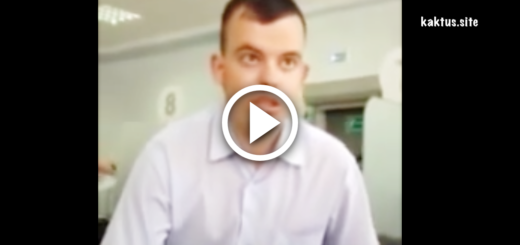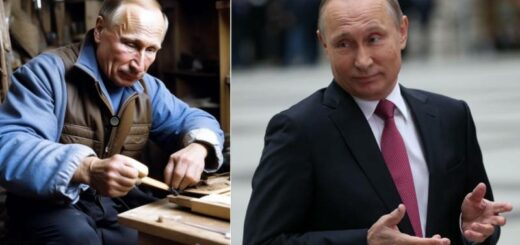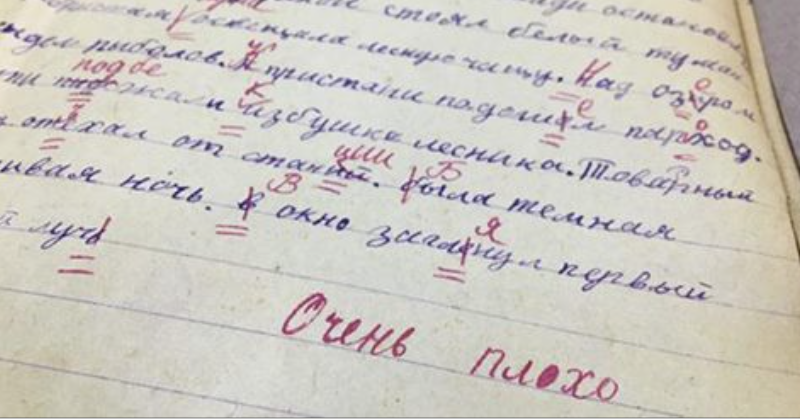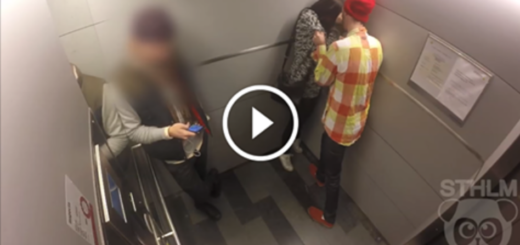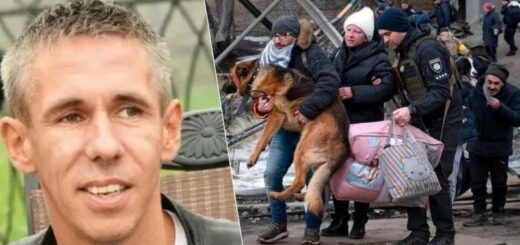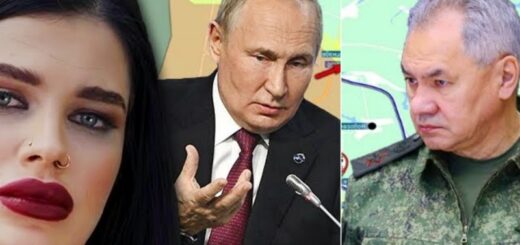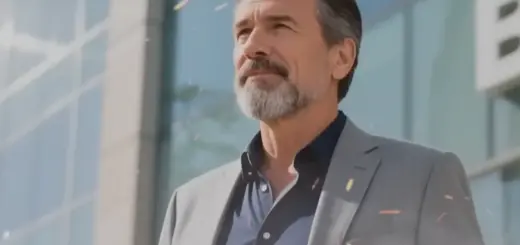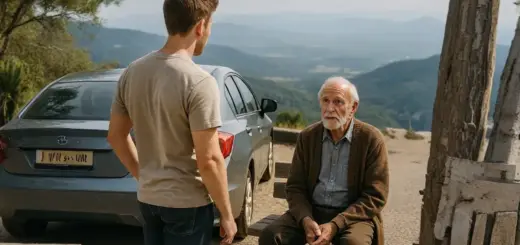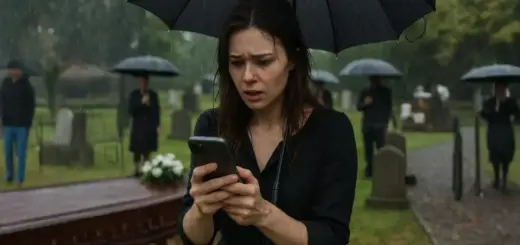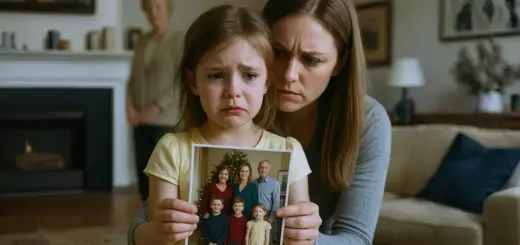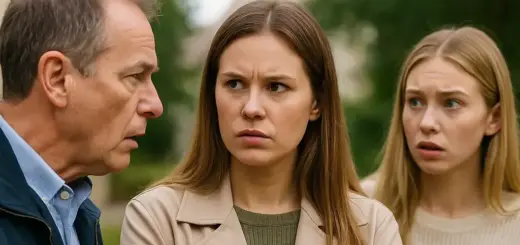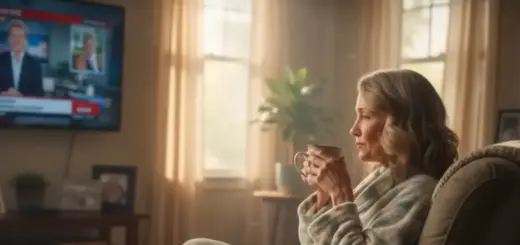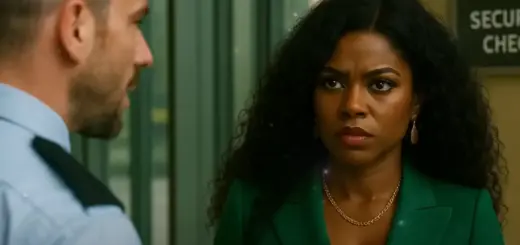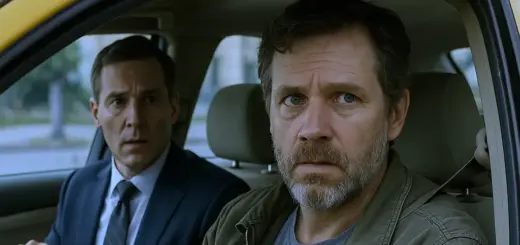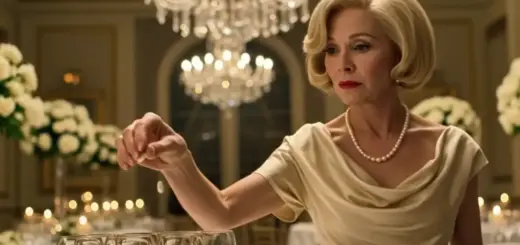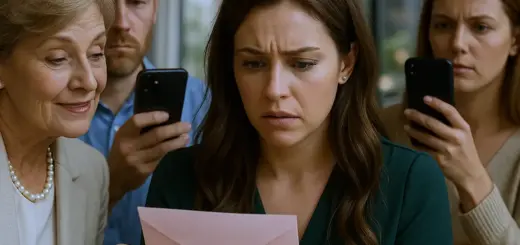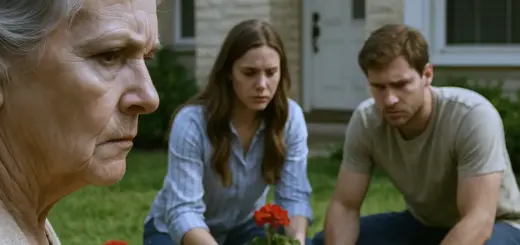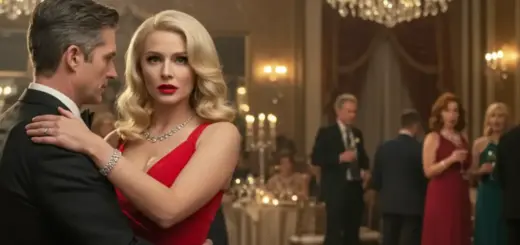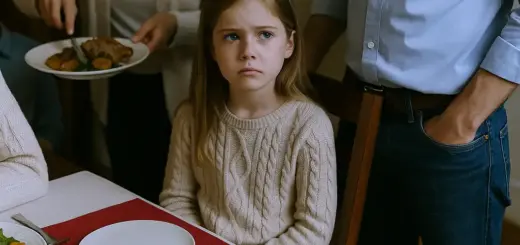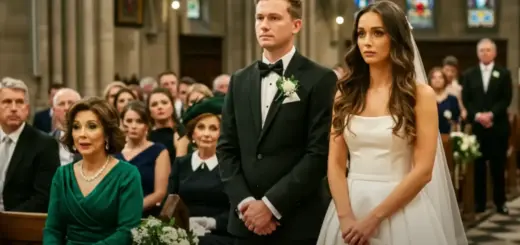I bought a used car on a grey Tuesday, and four days later, I followed a GPS address that changed my life. The car was nothing special: a 2018 Honda Civic with 65,000 miles, in decent condition, and affordable. I wasn’t looking for adventure when I bought it; I was just looking for reliable transportation to get me to a job I hated and back to an apartment where I lived alone.
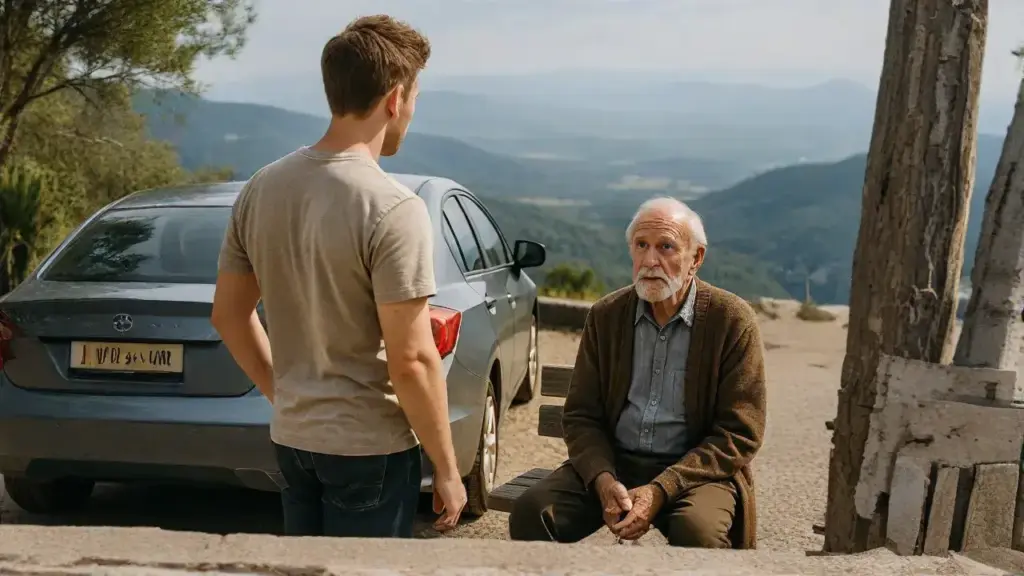
But the GPS had one saved address labeled «Home,» and I was curious enough to follow it. It led me to a mountain overlook where an old man sat on a bench, waiting. «You came,» he said, as if he’d been expecting me.
I was lost. Not geographically lost—I knew where I was, knew my address, and could navigate from home to work and back again without thinking. But I was lost in the way that matters more, the way that keeps you awake at 3 a.m. wondering what you’re doing with your life and why nothing feels like it means anything.
I’d dropped out of grad school two years ago. I’d been pursuing a master’s in English Literature because that’s what you do when you get a liberal arts degree and don’t know what else to do with your life. But halfway through my second year, I’d looked around at my cohort discussing deconstructionist theory and felt absolutely nothing. No passion, no interest, just a vague sense that I was going through the motions because I didn’t know what else to do. So I’d quit.
For two years, I’d been working at a call center for a cable company, handling customer complaints for $17 an hour, living in a studio apartment in a cheaper part of town, and feeling like life was happening to everyone else while I just existed. My college friends were getting married, buying houses, and starting careers that seemed to have purpose and direction. My social media feed was full of engagement photos, promotion announcements, and vacation pictures from places I’d never been.
And I was just here, taking calls from angry customers, microwaving dinners for one, and trying to remember what it felt like to be excited about anything. My car had died the week before, a 2004 Corolla that had finally given up after 200,000 miles of loyal service. I’d taken the bus for a few days, then decided I needed to buy something quickly. Nothing fancy, just functional.
I’d found the Honda Civic on a used car lot on the edge of town. The salesman, a tired-looking guy in his fifties who seemed as unenthusiastic about his job as I was about mine, had shown me the Carfax, pointed out that it had been well-maintained, and quoted me a price I could barely afford but would somehow manage. «The previous owner took good care of it,» he said. «Estate sale. The owner passed away, and the family sold the car. Clean title, no accidents.»
I’d test-driven it, found it perfectly adequate, and signed the papers. Two days later, I drove it off the lot, now the owner of a reliable but unremarkable car that would get me from point A to point B without breaking down. On Friday evening, after another soul-crushing shift at the call center, I sat in my new car in the parking lot, trying to summon the energy to drive home. I was setting up my Bluetooth connection when I noticed the GPS system had one saved address.
I clicked on it, curious. The address was labeled simply, «Home.» I assumed the previous owner, or their family, had forgotten to clear the saved addresses when they’d sold the car. I was about to delete it when something made me pause. Where had the previous owner considered «Home»? It was a small curiosity, probably meaningless, but I had nothing else to do that evening. No plans, no friends waiting, no life that would be disrupted by a small detour.
So on Saturday morning, with nothing better to do and a vague sense that following random curiosity was at least more interesting than sitting in my apartment, I decided to drive to the address. I expected it to lead to a house, maybe an apartment complex, or perhaps an old neighborhood the previous owner had grown up in. Instead, the GPS led me out of the city.
I followed the directions as they took me onto the highway, then off onto smaller roads, then onto increasingly narrow mountain roads that wound up through pine forests and rocky outcroppings. The drive took almost two hours, and with each mile, I became more confused. Where was I going? This wasn’t a residential area. This was wilderness, state forest land, places where people came to hike and camp but not to live.
Finally, the GPS announced, «You have arrived at your destination.» I was at a scenic overlook: a small parking area carved out of the mountainside with a wooden viewing platform and a single bench. The view was stunning—valleys spread out below, distant mountain peaks, forests that seemed to go on forever—and sitting on the bench was an old man.
He was probably in his seventies, with white hair and a weathered face. He wore a flannel jacket, despite the mild temperature, and he was looking out at the view with an expression that was both peaceful and profoundly sad. I got out of my car slowly, uncertain. Had he been hiking? Was he just another person enjoying the view? But as I approached, he turned and looked at me, and then to the car behind me. He smiled.
«You came,» he said. His voice was rough but warm. «I knew someone would eventually.»
I stopped a few feet from the bench, confused. «I’m sorry, do I know you?»
«No, but I know your car.» He gestured to the Civic parked behind me. «That belonged to my son, Michael Carver. He died eight months ago.»
I felt like I’d been punched. «I’m so sorry. I bought it from a dealership. I didn’t know.»
«It’s all right,» the old man said. «That’s how it was supposed to happen. I’m Thomas, by the way, Thomas Carver. And you are?»
«Ben. Ben Turner.» I gestured helplessly at the car, at the overlook, at the situation I didn’t understand. «I don’t know what’s happening. I just… the GPS had a saved address. I was curious, so I followed it.»
Thomas smiled, though his eyes were filled with tears. «That’s what Michael hoped for. He said whoever bought the car, if they were the right kind of person, would be curious enough to follow it. And he told me that if someone came, I should be here to meet them.»
«Why? I don’t understand.»
«Sit down,» Thomas said, patting the bench beside him. «Let me tell you about my son.»
I sat, still completely bewildered, and Thomas began to speak. «Michael was thirty-two when he died. Cancer. It started in his lungs. He never smoked a day in his life, but sometimes these things just happen. By the time they found it, it had spread. He fought for a year, but…» Thomas’s voice broke. «He lost.»
«I’m so sorry.»
«Michael was an adventure photographer,» Thomas continued, as if he needed to tell the story all at once or he’d never get through it. «After his mother died when he was twelve, it was just the two of us. We were close, not just father and son, but best friends.» He gestured to the overlook around us. «This was our place. We came here for the first time when Michael was fourteen, just a random stop on a road trip. But he loved it. The view. The quiet. The way the sunset hit the mountains.»
«We scattered his mother’s ashes here. We came here when he graduated high school and again when he graduated college. Whenever life got hard or complicated, we’d drive up here and just sit.» Thomas wiped his eyes. «When Michael got sick, we both knew he was dying. The cancer was too aggressive, too advanced. In his final months, he was too weak to travel, could barely get out of bed, and I remember him crying one night, saying he wished we could take one more trip together. To our place. One more sunset, at the overlook.»


